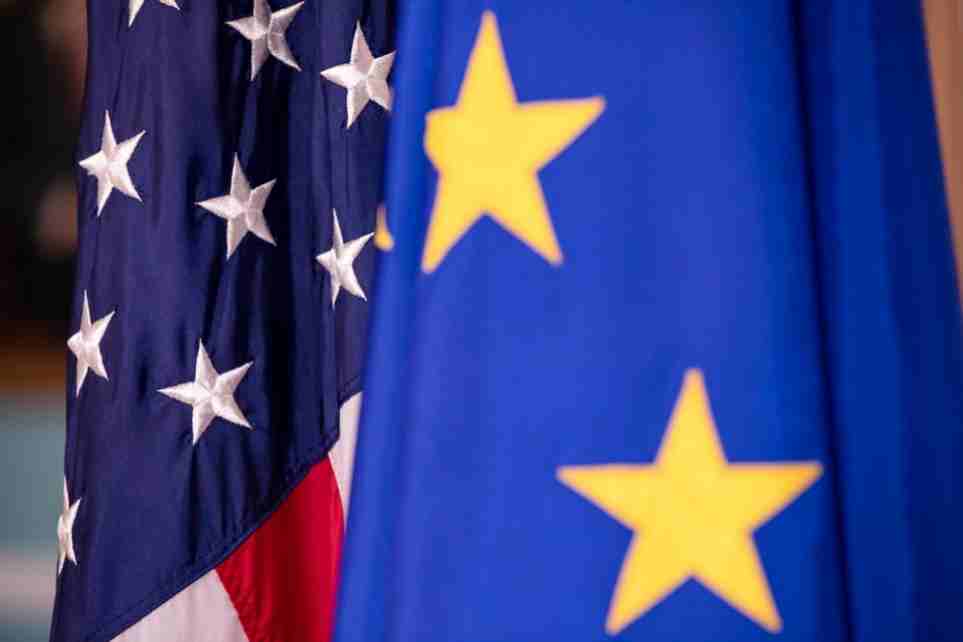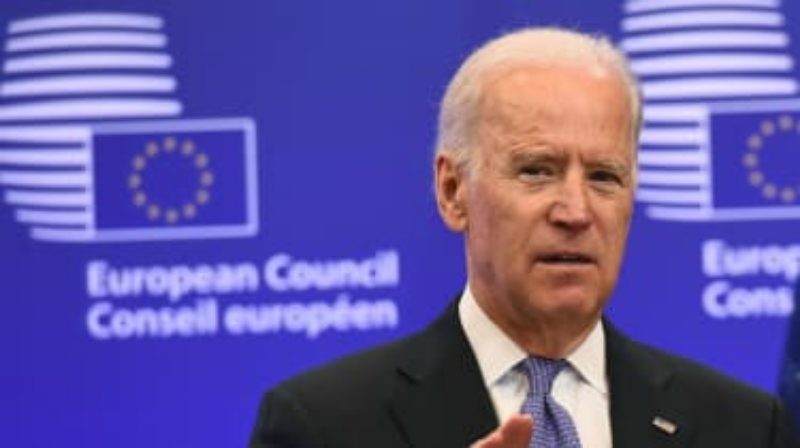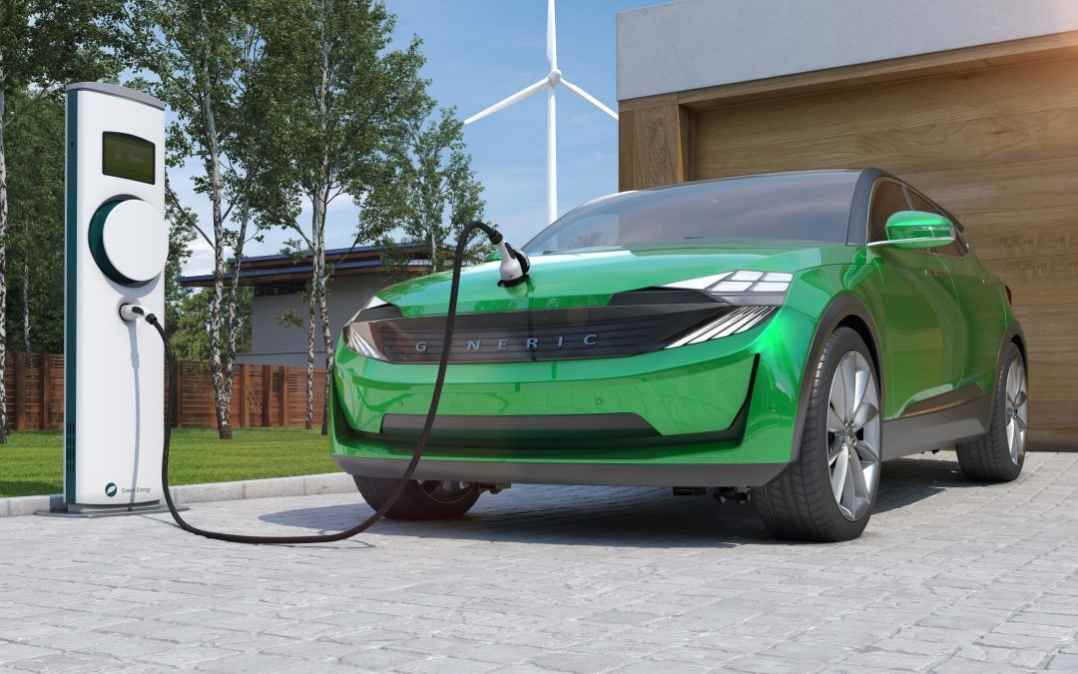European officials are discreetly making preparations in anticipation of a potential loss for Biden in the upcoming election

The European Union, consisting of 27 nations, expressed great enthusiasm following the election of Joe Biden in late 2020, following a challenging four years under the presidency of Donald Trump. Brussels found Biden’s approach and policy agenda to be more closely aligned with theirs, particularly regarding the management of the coronavirus pandemic and addressing climate change.

The European Union is eagerly maximizing its efforts to accomplish as much as possible before any potential change in leadership in the United States, even though the country’s voters won’t head to the polls for over a year. The EU and the current U.S. administration are engaging in an unprecedented level of close cooperation and coordination, ranging from official channels to the highest levels of government, according to an anonymous EU official interviewed by CNBC.
Recognizing that this level of cooperation is not guaranteed and could change if a figure like former President Donald Trump returns to the White House, the EU is capitalizing on the current momentum to advance various shared interests and address important issues. The EU, comprised of 27 nations, expressed genuine enthusiasm when Joe Biden was elected in late 2020, as it marked a welcome departure from the challenges experienced during the Trump presidency. The transatlantic relationship had reached a low point due to diverging perspectives on trade, defense, technology, and numerous other contentious matters.
Since assuming office, President Biden’s arrival at 1600 Pennsylvania Avenue has brought about a significant improvement in relations between the United States and the European Union. His style and policy priorities closely align with those of Brussels, particularly in tackling the coronavirus pandemic and addressing climate change. This alignment became even more apparent during Russia’s invasion of Ukraine, as European leaders welcomed the financial and military support from the world’s largest economy.
In March, alongside Biden in Washington, D.C., European Commission President Ursula von der Leyen stated, “The United States and the European Union have taken a strong and united stand against Russia’s illegal, unjustifiable, and unprovoked war against Ukraine. Putin thought that he would divide us, and yet we are more united than ever. We stand together in our unwavering support for Ukraine for as long as it takes.”
However, it is possible that the current agreement and working practices could come to an end if there is a new president in the White House. In such a scenario, Kevin Klowden, chief global strategist at Milken Institute, expressed concerns over a potential Republican candidate taking over the presidency, stating, “It will be a difficult relationship… There’s a concern for Europeans that the U.S. will withdraw support, both in terms of military and financial aid for Ukraine.”
Regarding former President Trump’s stance on the conflict, when questioned by CNN, he did not answer directly on whether he wanted Russia or Ukraine to win the war and did not commit to supporting Kyiv if he were to regain the presidency. He did, however, claim that the conflict would end within 24 hours if he were back in charge.
Meanwhile, Florida Governor Ron DeSantis, who is expected to announce his candidacy for the 2024 presidential campaign, has expressed his belief that the U.S. should not further involve itself in the Ukraine war.
While the transatlantic partnership remains crucial for the European Union, there are indications that the relationship may evolve in the future. An anonymous European diplomat noted that Europe is seeking to reduce its reliance on other parts of the world, including both China and the U.S., suggesting that the relationship might undergo some changes.







